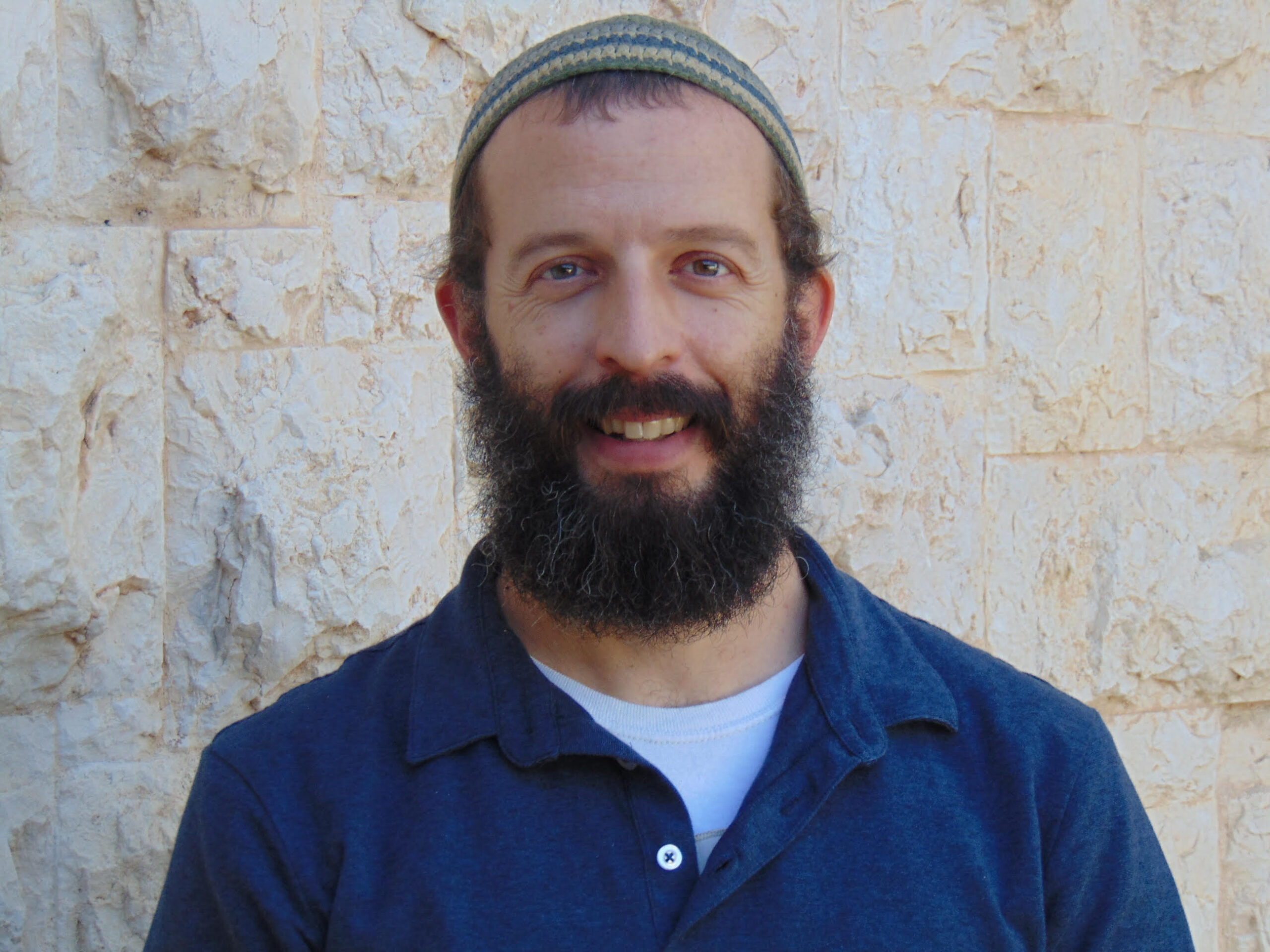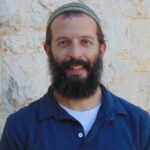That is Shmita. Stop plowing, stop planting, stop weeding, stop watering, stop harvesting in our normal ways (or the modern-day parallel to these things) and use that freed-up time to start studying more, reading more, praying more, meditating more, sitting in silence more, contemplating more, eating consciously more.
In this week’s parsha, Va’etchanan, we receive the following directive: “Guard yourself and guard your soul very much” (Deut. 4:9) and “You shall guard yourselves very well.” (Deut. 4:15) These verses are understood by Jewish tradition as referring to the mitzvah of protecting one’s physical health. It’s interesting to note, however, that the word “soul” is used in the verse and not “body”.
The interconnection between these seemingly opposed entities is reflected in the writings of the Rambam when he teaches: “Since maintaining a healthy and sound body is among the ways of God, for one cannot understand or have any knowledge of the Creator if he is ill, therefore he must avoid that which harms the body and accustom himself to that which is helpful and helps the body become stronger.” (Hilchot Deot 4:1)
From these two sources we can derive that physical health leads to spiritual health and that maybe even the larger goal of attaining physical health is in order to achieve health on a spiritual level.
And that is a deep teaching of the Shmita year.
Just like Judaism directs us to take a physical rest one day out of every seven so that we can create time and space for our spiritual selves to grow and be strengthened, so too we are taught the importance of taking one year out of every seven years to pause, to slow down, to stop focusing so intensely on the physical side of our lives so that there is room and space and time to instead focus intensely on the spiritual side.
Because in order to make sure we are not led astray by the way we humans so easily focus intensely on our physical selves, we need that charge to stop and do the same for our spiritual selves.
That is Shmita. Stop plowing, stop planting, stop weeding, stop watering, stop harvesting in our normal ways (or the modern-day parallel to these things) and use that freed-up time to start studying more, reading more, praying more, meditating more, sitting in silence more, contemplating more, eating consciously more.
For an entire year.
To strengthen your spiritual health.
So that when the Shmita year is over you can return to your regular focus on your physical self in an entirely new and rejuvenated way.
 Akiva Gersh has been working in the field of Jewish and Israeli Education, including Jewish Environmental Education, for 20 years. Originally from New York, he moved to Israel in 2004 and from 2007-2020 taught Jewish History and Modern Israel at the Alexander Muss High School in Israel. He has since taken his Israel education work online through his business @Israel, providing courses, classes and virtual tours of Israel for Jewish institutions throughout the U.S. Akiva is also a contributing blogger at the Times of Israel and in 2017 published his first book, “Becoming Israeli”, about the experience of making aliyah and acclimating to life in Israel. Akiva holds a BA in Religious Studies from Brown University and an MA in Jewish Education from Yeshiva University. He and his wife Tamar live in Pardes Hanna with their four children.
Akiva Gersh has been working in the field of Jewish and Israeli Education, including Jewish Environmental Education, for 20 years. Originally from New York, he moved to Israel in 2004 and from 2007-2020 taught Jewish History and Modern Israel at the Alexander Muss High School in Israel. He has since taken his Israel education work online through his business @Israel, providing courses, classes and virtual tours of Israel for Jewish institutions throughout the U.S. Akiva is also a contributing blogger at the Times of Israel and in 2017 published his first book, “Becoming Israeli”, about the experience of making aliyah and acclimating to life in Israel. Akiva holds a BA in Religious Studies from Brown University and an MA in Jewish Education from Yeshiva University. He and his wife Tamar live in Pardes Hanna with their four children.
